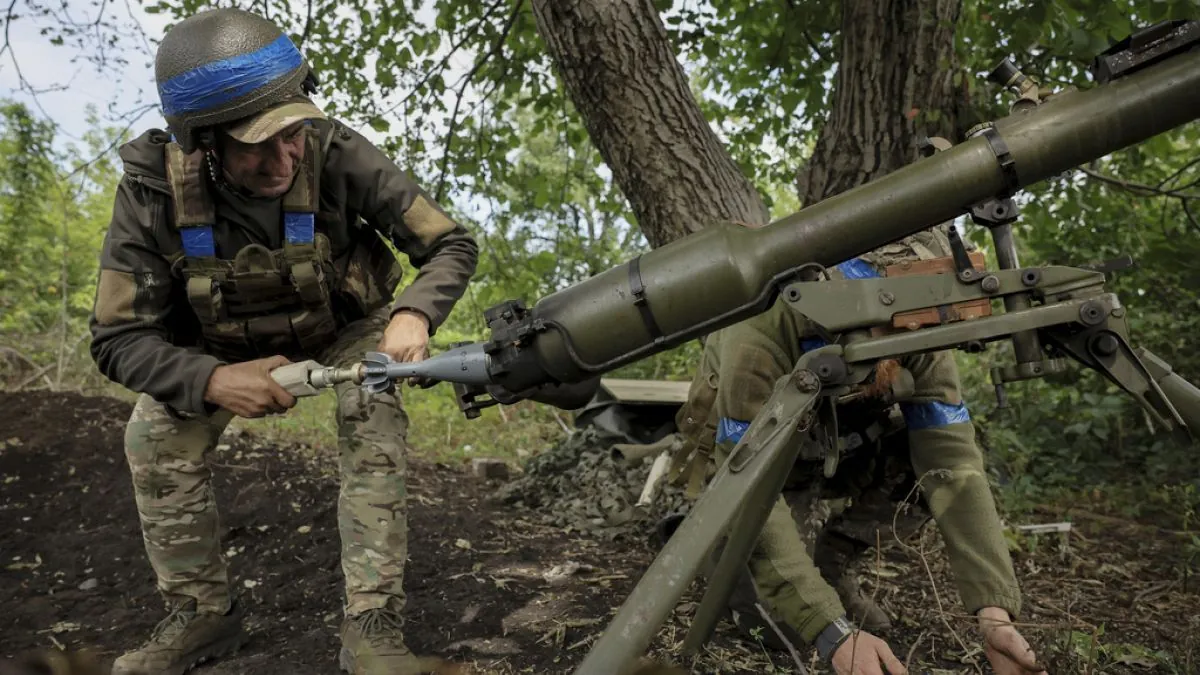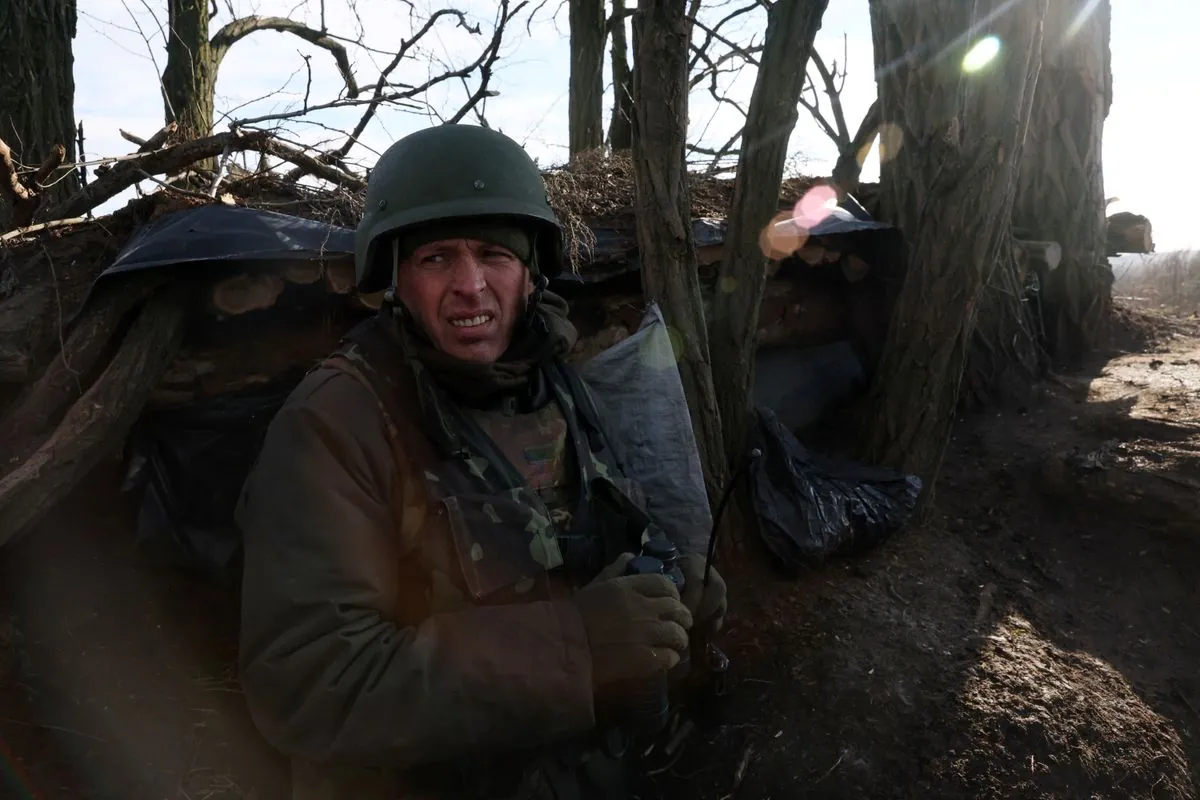Ukraine's Quest for a Winning Strategy in the Ongoing Conflict
As the war in Ukraine enters its third year, Kyiv seeks a compelling narrative to maintain support and morale. The recent Kursk counteroffensive may provide a much-needed strategic reset.

In the annals of warfare, strategic narratives have often played a crucial role in shaping the course of conflicts. From the Union's Anaconda Plan during the American Civil War to the "Europe First" strategy in World War II, these simple yet powerful concepts have guided military actions and public perception. As the Russia-Ukraine war enters its third year, Kyiv finds itself in desperate need of such a compelling narrative.
Initially, Ukraine's strategy was clear and effective. President Volodymyr Zelensky emerged as an unlikely hero, rallying his nation and the world with his defiant stance against Russian aggression. Ukraine successfully halted the Russian offensive in Kyiv, liberated areas around Kharkiv, and recaptured Kherson. However, the anticipated spring 2023 counteroffensive failed to materialize, leaving Ukraine without a convincing argument for how it intended to achieve victory.
This lack of a strategic narrative has had far-reaching consequences. Western support began to waver as observers increasingly viewed the conflict as a protracted war of attrition. Domestically, Ukrainian morale suffered, with exhaustion evident among officials, researchers, and civilians alike. The situation risked becoming a vicious cycle, where Ukraine needed to demonstrate battlefield success to secure more aid but lacked the resources to achieve significant victories.

The recent Kursk counteroffensive has provided a much-needed strategic reset. For the first time, Ukrainian forces pushed into Russian territory, seizing over 1,200 square kilometers and capturing hundreds of Russian prisoners. This bold move demonstrated Ukraine's capability to strike back and challenged assumptions about Russian military strength and the threat of nuclear escalation.
"This offensive has reignited optimism among Ukrainians, reminiscent of the successful Kharkiv operation in late 2022."
Ukraine's emerging strategy appears to have three main components: survive, strike, and seize. The "survive" element focuses on withstanding Russian attacks on infrastructure and halting advances in the Donbas. "Strike" involves targeting military and industrial facilities deep within Russia to wear down capabilities and increase the war's costs for the Putin regime. "Seize" refers to capturing Russian border territories, as demonstrated in the Kursk offensive.
While these elements are crucial, they may not be sufficient to achieve ultimate victory. Ukraine must now decide on a final component: either aim for regime change in Russia ("supplant") or seek a negotiated settlement ("settle"). The former relies on increasing pressure on the Putin regime to the point of collapse, while the latter involves using captured territory as leverage to reclaim occupied Ukrainian lands.
Regardless of the chosen path, Ukraine's leadership owes its partners, allies, and citizens a clear theory of victory. With U.S. elections on the horizon and global attention divided, a compelling strategic narrative is essential for maintaining support and morale. The basic premise of a modern David fighting Goliath in a battle between liberal democracies and revanchist autocracies remains as powerful as ever.
As Ukraine continues its struggle for sovereignty and territorial integrity, the world watches closely. The outcome of this conflict may well shape the geopolitical landscape for years to come, making Ukraine's strategic choices all the more critical.


































